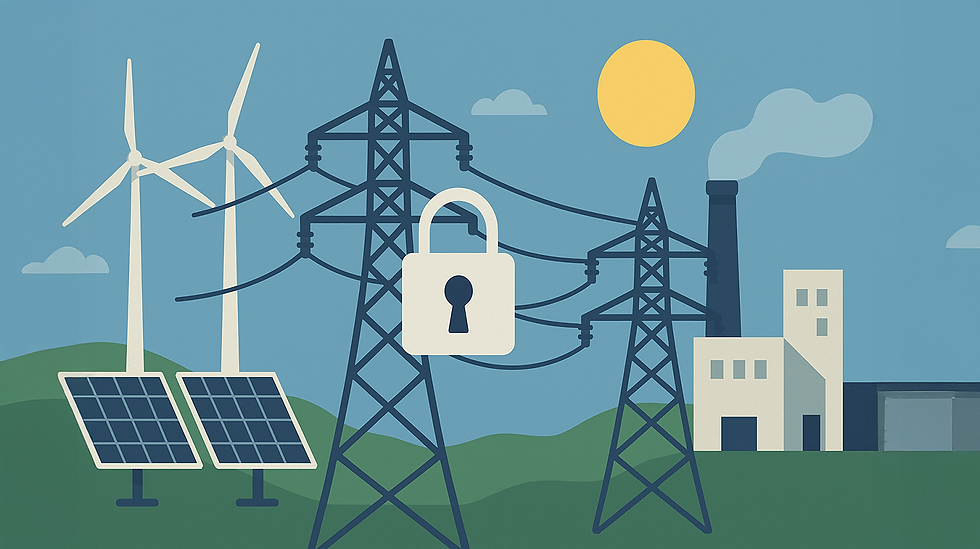Marine Waste Killing Coral Reefs
- Yaein Choi

- Sep 1, 2024
- 3 min read

Coral reefs, often referred to as the “rainforests of the sea,” are among the most vibrant and diverse ecosystems on Earth. These underwater marvels not only provide habitat for a myriad of marine species but also offer essential services such as coastal protection, tourism, and supporting fisheries. However, coral reefs are increasingly under threat from marine waste, a growing environmental crisis that is causing severe damage to these fragile ecosystems. The impact of marine waste on coral reefs is multifaceted, leading to long-term consequences that jeopardize the health and survival of these critical habitats.
One of the most visible and immediate effects of marine waste on coral reefs is physical smothering. Plastic debris and other waste materials that accumulate on reefs can block sunlight from reaching the corals, which is essential for their survival. Corals rely on a symbiotic relationship with photosynthetic algae known as zooxanthellae, which provide them with energy through photosynthesis. When sunlight is obstructed, the corals’ ability to photosynthesize is diminished, leading to weakened health and, in some cases, coral bleaching—a process where corals expel their algae partners, turning white and becoming more susceptible to disease and death.
Entanglement is another significant threat posed by marine waste to coral reefs. Fishing nets, lines, and other debris can become entangled in the delicate structures of coral reefs, causing physical damage and breaking apart the coral colonies. This not only destroys the intricate architecture of the reefs but also disrupts the habitats of the countless species that depend on them for shelter and food. The damage caused by entanglement can take years or even decades to heal, if it heals at all, leaving large areas of reefs vulnerable to further degradation.
Marine waste also introduces harmful pollutants into coral reef ecosystems, exacerbating the stress on these already fragile environments. Plastics and other debris can leach toxic chemicals, such as bisphenol A (BPA) and phthalates, into the water, which can be absorbed by corals and other marine organisms. These chemicals can disrupt the reproductive systems of corals, impair their growth, and make them more susceptible to diseases. Additionally, pollutants can accumulate in the tissues of marine species that inhabit coral reefs, leading to bioaccumulation and biomagnification throughout the food chain, further threatening the overall health of the reef ecosystem.
The presence of marine waste on coral reefs also disrupts the natural processes that are essential for the reefs’ long-term survival. For example, plastic debris can create microhabitats for harmful bacteria, which can spread diseases that affect corals and other marine life. These bacteria can outcompete beneficial microorganisms, altering the delicate balance of the reef ecosystem. Furthermore, the breakdown of plastics into microplastics can introduce new stressors to coral reefs, as these tiny particles can be ingested by marine organisms, leading to physical harm and potential toxicity.
The impact of marine waste on coral reefs is a stark reminder of the broader environmental crisis facing our oceans. To protect these vital ecosystems, it is crucial that we take immediate action to reduce the amount of waste entering the marine environment. This includes adopting more sustainable practices, supporting policies that reduce plastic pollution, and participating in clean-up efforts to remove debris from our oceans. By safeguarding coral reefs from the threats posed by marine waste, we not only preserve the incredible biodiversity they support but also ensure the continued benefits they provide to communities and economies around the world. The future of coral reefs depends on our collective commitment to addressing the challenge of marine pollution.



Comments